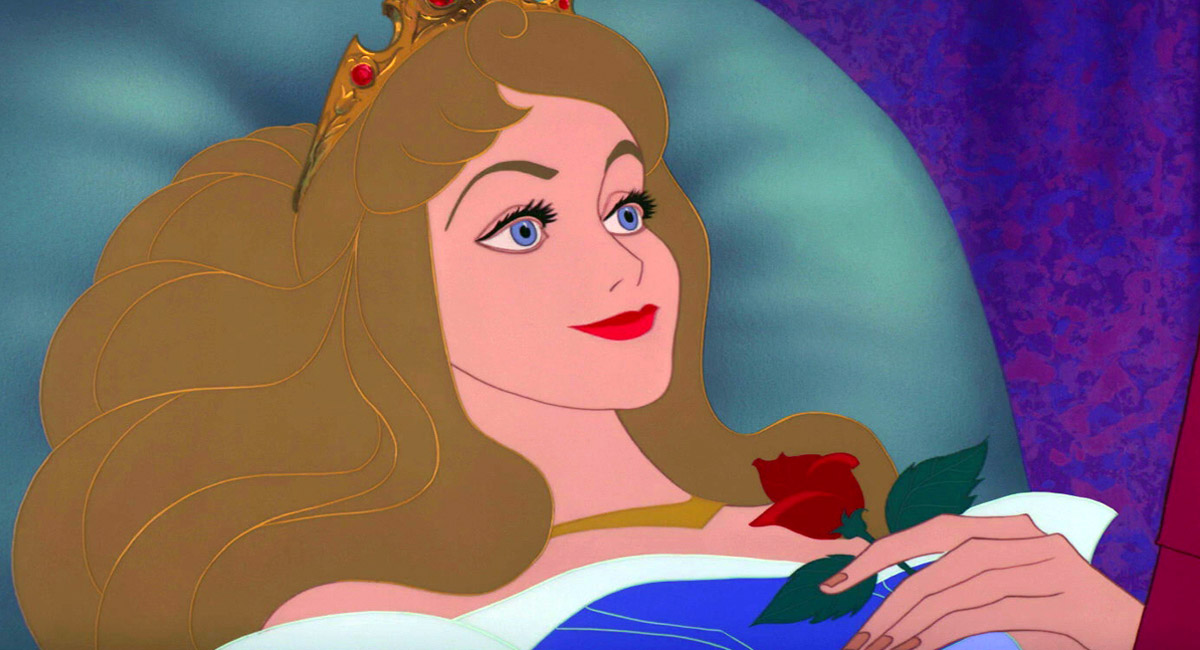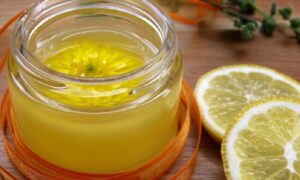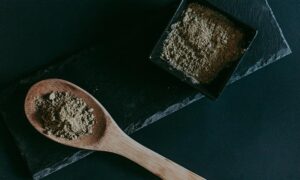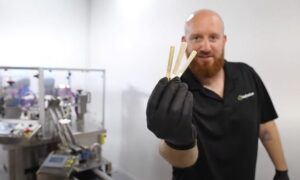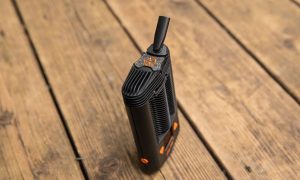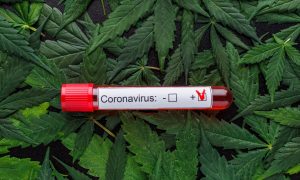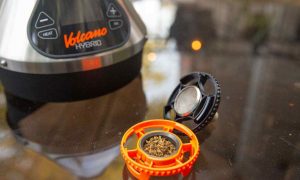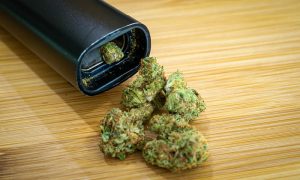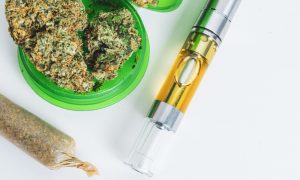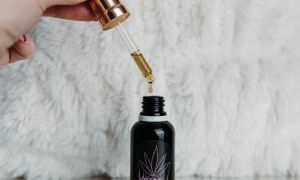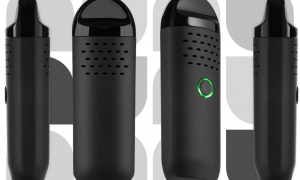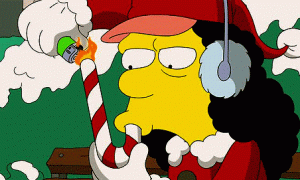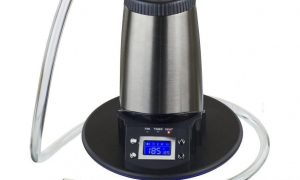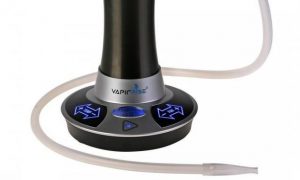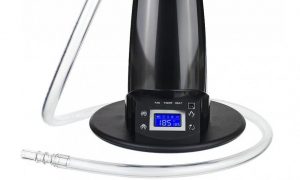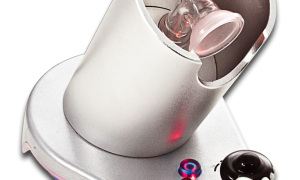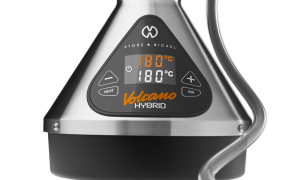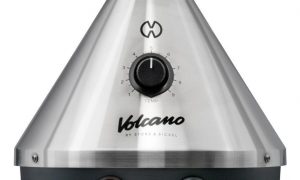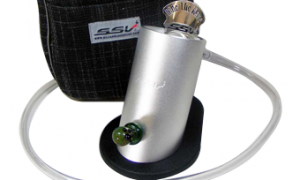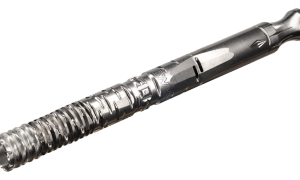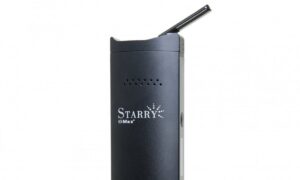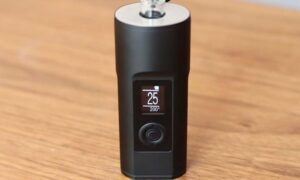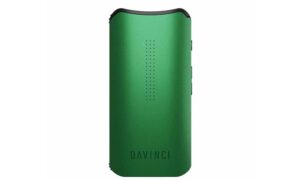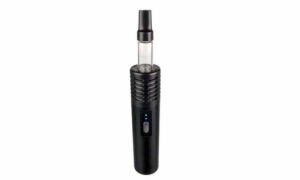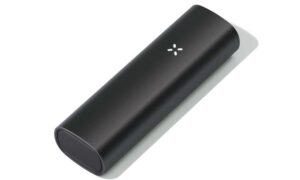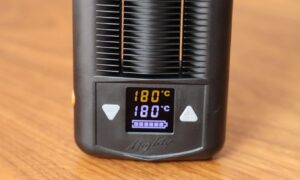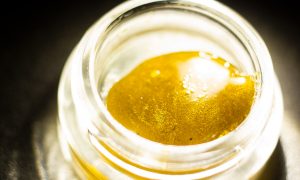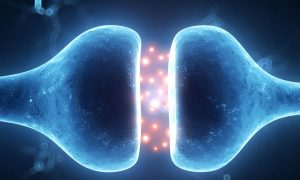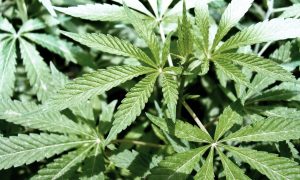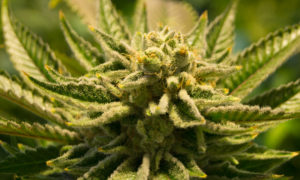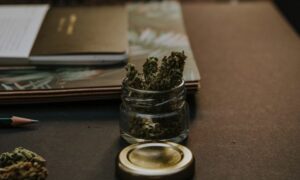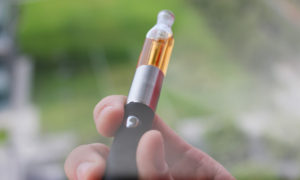By Allie Beckett for marijuana.com
Australia is a nation plagued by sleeplessness. Did you know that almost half the population has sleeping problems? Sleep is your body’s natural way of healing itself, so a lack of sleep goes hand-in-hand with a variety of chronic health issues such as obesity, high blood pressure, diabetes, heart disease, and emotional disorders.
MORE: Nine plants that contain therapeutic cannabinoids (other than cannabis)
Reaching for a prescription is generally the initial reaction when faced with insomnia. In fact, Thomas Reuters Research Brief found that the number of sleep aid prescriptions in the USA tripled between 1998 and 2006 for young adults aged 18-24. Taking harsh pharmaceuticals, especially at such a young age, sets you up for a lifetime of wrestling with achieving deep sleep, plus the listed “mild” side effects for many sleep aid prescriptions include anxiety, hallucinations, and thoughts of suicide.
The good news is many studies have found natural remedies are just as effective as prescribed sleep medications like Ambien. Trading in harsh pharmaceuticals for herbs is healthier for your body and mind, plus, it releases you from the grip “Big Pharma” has.
Below are seven of the top herbs that can be used to treat restlessness, over-thinking before bed, nightmares, waking multiple times throughout the night, and of course, insomnia.
Everyone’s body reacts differently to herbs and as you’ll read, many of these herbs work best in conjunction with each other – I recommend starting a sleep journal to document your experiments and find what works best for your specific situation.
Valerian (Valeriana officinalis)
Often called “Nature’s Valium,” valerian has been used by mankind as a sedative for the last 2,000 years. This potent root is a go-to herb for producing restful sleep and relaxation.
Valerian root contains valerenic acid which inhibits the breakdown of gamma-aminobutyric acid (GABA), similar to how Valium and Xanax work to relax and calm the body. Isovaleric acid is another compound found in valerian root which is used to treat epilepsy because it calms the muscles, helping to prevent involuntary muscle contractions. Hesperidin and linarin are two strong antioxidants with sedative properties that are also found in valerian root.
Studies have shown that valerian helps quicken the speed at which you fall asleep, the depth of your sleep, and the overall quality of sleep. Those who find it difficult to fall to sleep because of a racing mind might find peace with this calming herb. However, those who use valerian have noticed that consuming too much can be counterproductive, so 400mg-600mg before bed is dose recommended by most consistent users of valerian.
Passionflower (Passiflora incarnate)
Passionflower is commonly used as a natural remedy for anxiety but it turns out the unique flower can also deepen and improve your quality of sleep.
In a study comparing passionflower tea against placebo tea, it was found that sleep quality was significantly improved for subjects who received the passionflower tea.
Another study compared the popular sleep pharmaceutical, Ambien, to a combination of passionflower, valerian root, and hops extract in patients diagnosed with insomnia. The controlled trial lasted 2 weeks and included 78 subjects. The study found that insomnia symptoms improved equally in both groups in terms of total sleep time, time taken to fall asleep, number of nightly awakenings, and insomnia severity.
In short, the combination of passionflower, valerian root, and hops extract was just as effective as the leading sleep medication, Ambien (but without the side effects such as dizziness and hallucinations). Passionflower is also used to treat seizures, hysteria, asthma, symptoms of menopause, attention deficit-hyperactivity disorder (ADHD), nervousness and excitability, palpitations, irregular heartbeat, high blood pressure, fibromyalgia, and pain.
California Poppy (Eschscholzia californica)
The California poppy, a distant relative of the opium poppy, contains some sedative alkaloids that make it an effective sleep aid – don’t worry – that it contains no traces of opium. Chelirubine, sanguinarine, and macarpine are the active alkaloids in the California poppy that promote relaxation, calm your muscles, and help deepen sleep.
Consuming California poppy teas or tinctures before bed will not only help clear your mind before sleep, easing the ability to fall asleep, but it will also improve your overall quality of sleep. Its sedative properties can also be used to soothe chronic pain and treat behavioural disorders such as ADD or ADHD.
You can make a tea out of fresh or dried flowers by steeping them in boiling water for a potent nighttime elixir.
Hops (Humulus lupulus)
That’s right, the same plant that fuels your beer is also an intoxicating sleep medication! This fragrant flower has medicinal roots that date back long before it was brewed into ale. In fact, it was originally used in Greece and Rome for digestive issues and in China to treat leprosy and tuberculosis.
As the story has it, European hop-harvesters kept falling asleep on the job until someone finally realised it was the intoxicating terpenes exuded by the hop flower was that was lulling the harvesters to sleep. As mentioned earlier, the combination of hops, valerian root, and passionflower was proven to be just as effective as Ambien in helping those who suffer from insomnia to fall asleep.
Hops contain a compound called methylbutenol which helps relieve anxiety, stress, and insomnia. The hops plant contains similar flavonoids as the cannabis plant which may explain why the effects are so similar; hops flowers actually contain cancer-fighting agents as well! The average dose of hops in capsule form is 500mg, however, the extract of the plant has proven to be one of the most efficient ways to medicate with the flower. Placing 20 drops of tincture in a cup of passionflower and valerian root tea will have you sleeping like a baby.
Cannabis (Cannabis sativa)
We are on a cannabis culture site, so we couldn’t forget our favourite herb – cannabis. While studies on medical marijuana are still in their early stages, the benefit this flower has on sleep quality is unquestionable. Ingesting cannabis before bed can drastically reduce the amount of time it takes to fall asleep, lessen nightmares in those suffering from PTSD, and can increase stage 3 (deep) sleep.
Research shows that THC increases the deep sleep stages, but may decrease REM sleep, meaning if you are a consistent cannabis consumer you most likely don’t remember many of your dreams. The same study showed, interestingly, that THC alone was most effective as a sleep aid and acted as a stronger sedative than CBD. Finding an Indica (or lavender smelling) strain is important when looking for a sleep aid as there are some strains of cannabis that will energise rather than calm you.
Cannabis can be ingested in a multitude of ways, of course there’s always smoking or vaporising, but if that’s not your thing you can consume cannabis just like any of the other herbs on this list – in a tea, tincture, topical, or edible.
German Chamomile (Matricaria chamomilla)
One of the more obvious herbs on our list, German chamomile is not one to be overlooked. It’s nicknamed “Sleep Tea” for a reason; this sedative flower is commonly used as a remedy for insomnia and is one of the most studied natural remedies.
Chamomile has been used for centuries to treat a variety of ailments such as inflammatory-based diseases, skin disorders, bacterial infections, digestive issues, arthritis, chronic pain, and muscle cramps. It has even been shown to inhibit the growth of cancer cells. Categorised as a mild tranquilliser, Chamomile extracts exhibit benzodiazepine-like hypnotic activity. It’s believed that the sedative effects of this flower are due to the flavonoid apigenin, which binds to the benzodiazepine receptors in the brain.
Consuming chamomile through tea and/or essential oil aromatherapy are the methods most commonly used to achieve a rejuvenating night’s sleep.
Kava Kava (Piper methysticum)
An ancient remedy and national drink of Fiji, kava tea has long been used to ease anxiety, stress, chronic pain, and to induce sleep. Working similarly to Valium and Xanax, kava communicates directly with the brain receptors that release gamma-aminobutyric acid (GABA).
The kavalactone compounds within the kava root are believed to be responsible for its sleep-inducing effects, these unique compounds can pass through the blood-brain barrier and alter the action of other neurotransmitters. Similar to the cannabinoids found in cannabis, one of these kavalactones, called yangonin, interacts directly with the CB1 receptor which plays an active role in the central nervous system. Lactones and pyrones are other compounds found within kava that are related to its sedative properties.
To combat sleeplessness, herbalists recommend taking a 150-210 mg capsule of kavalactones on an empty stomach before bed.
—
This article was originally published on marijuana.com. Read the original article.

